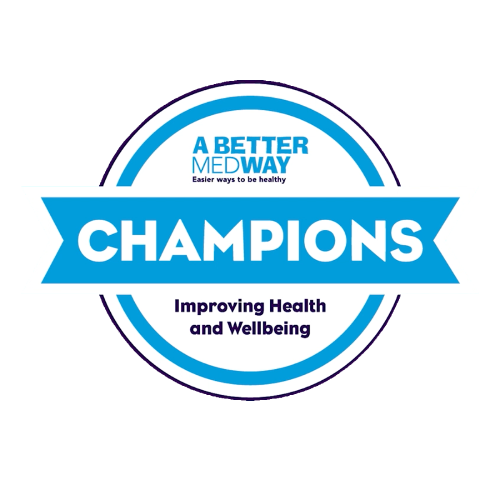Mental Health
Loneliness in Adolescents and Young Adults

Book your training course
Loneliness in Adolescents and Young Adults
Please be aware that this course is only available to those that live or work in Medway.
Young people report some of the highest rates of loneliness in the UK, with younger adolescents reporting higher loneliness than older groups.
To improve the health and wellbeing of people in Medway, we need to work out what we can change in our communities and our schools to help reduce loneliness earlier in people's lives and reduce the number of those experiencing it.
Loneliness is increasingly recognised as a serious public health concern with robust links to mental and physical health, use of health and care services and early mortality.
We know that promoting the awareness of and investment in ‘social health’ prevents and reduces the experience of loneliness. It further improves both our quality of life and reduces health and social care costs.
Young people feel loneliness more intensely and more frequently than any other age group, new research has found. Two-fifths (40 per cent) of people aged 16-24 say they feel lonely often or very often. (BBC Loneliness Experiment, 2018)
Loneliness and isolation can be difficult and sensitive subjects; subjects that can feel overwhelming at time, but we can help young people begin to explore the issues, to start taking positive steps in their own lives, and even build the confidence and motivation to help others.
This masterclass is for anyone who would like to explore how loneliness, isolation, and wellbeing affect adolescents, and young adults. And, how working together we can reduce the negative effects, impacts, and how we can make early interventions and improve outcomes.
There are no simple answers, so we work in partnership to tackle complex problems. Only together can we make a difference, because no one should feel alone.
Target Audience:
This course is for anyone who works with or interacts with children, young people, and young adults. It will provide an awareness of loneliness, the impact of loneliness on young people’s health and wellbeing, mental health, and the changing nature and context of loneliness.
This interactive module covers:
- An understanding of what defines loneliness, and why it’s important to address the issue.
- How adolescents, and young adults are affected.
- Triggers for loneliness and poor mental health.
The importance of social health as a key indicator of full health and well-being.
There is no charge for this Training, except if there is failure to attend without giving notice, when a charge of £50 may be incurred.
If for any reason you are unable to attend or no longer require the Training, please cancel your place on the course through our Training Portal or email phworkforcetraining@medway.gov.uk as it allows another person to attend.
Let’s get started by selecting which option is best for you.
